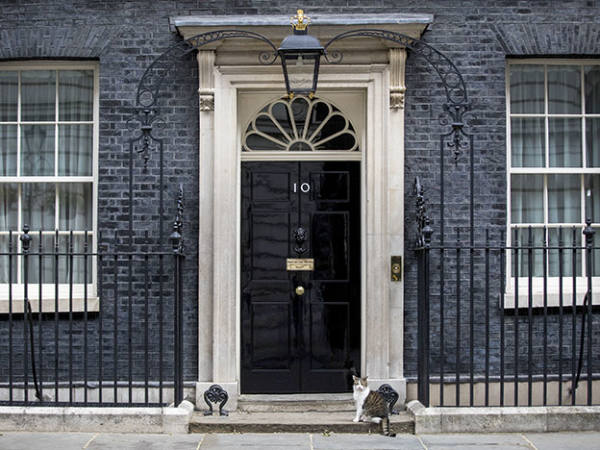The price of Brent crude hit $75 (£54) a barrel this week, as rising geopolitical risks and a sharper-than-expected drawdown of US inventories occupied traders’ minds. But while the international energy benchmark is up 10 per cent in April, oil and gas stocks buying remains cautious, as demonstrated by the 12 per cent climb in the FTSE 350 Oil & Gas Index (FTNMX0530). Given a higher oil price’s larger effect on producer margins, one might expect a more bullish rise in the sector’s stocks
That said, rising prices have been good for cash-flow-focused producers. Among the stocks up at least 25 per cent this month are leveraged North Sea players Premier Oil (PMO) and EnQuest (ENQ) and Iraqi Kurdistan-based explorer-producers Genel Energy (GENL) and Gulf Keystone Petroleum (GKP).
The continuation of this rally hinges on two factors. First is the prospect of US withdrawal from the Iran nuclear deal in May, and the re-imposition of sanctions on the Islamic Republic’s oil production.
The second relates to Opec member thoughts ahead of a meeting of the oil cartel on 22 June. A supply agreement between Opec and non-member Russia, first brokered in December 2016, is up for renewal. Iranian oil minister Bijan Namdar Zanganeh was quoted by state media this week suggesting Opec could remove supply limits if oil prices keep climbing.
On that score, Mr Zanganeh partly agrees with the US president. “Opec is at it again,” tweeted Donald Trump last Friday. “With record amounts of Oil all over the place, including the fully loaded ships at sea, Oil prices are artificially Very High,” he added. “Not good and will not be accepted!”
Ditto Panmure Gordon’s Colin Smith. In a recent note, the analyst said Opec and Russia would be disinclined to see prices rise much more, “given the demand and supply-side risks”. Central to this thesis is the ticking time bomb that is Venezuela, which is now producing almost 500,000 fewer barrels a day than targeted. Last week’s arrest of two Chevron workers in the country is the latest sign of rapidly deteriorating relations between the Opec member’s state oil firm, PDVSA, and foreign companies.










